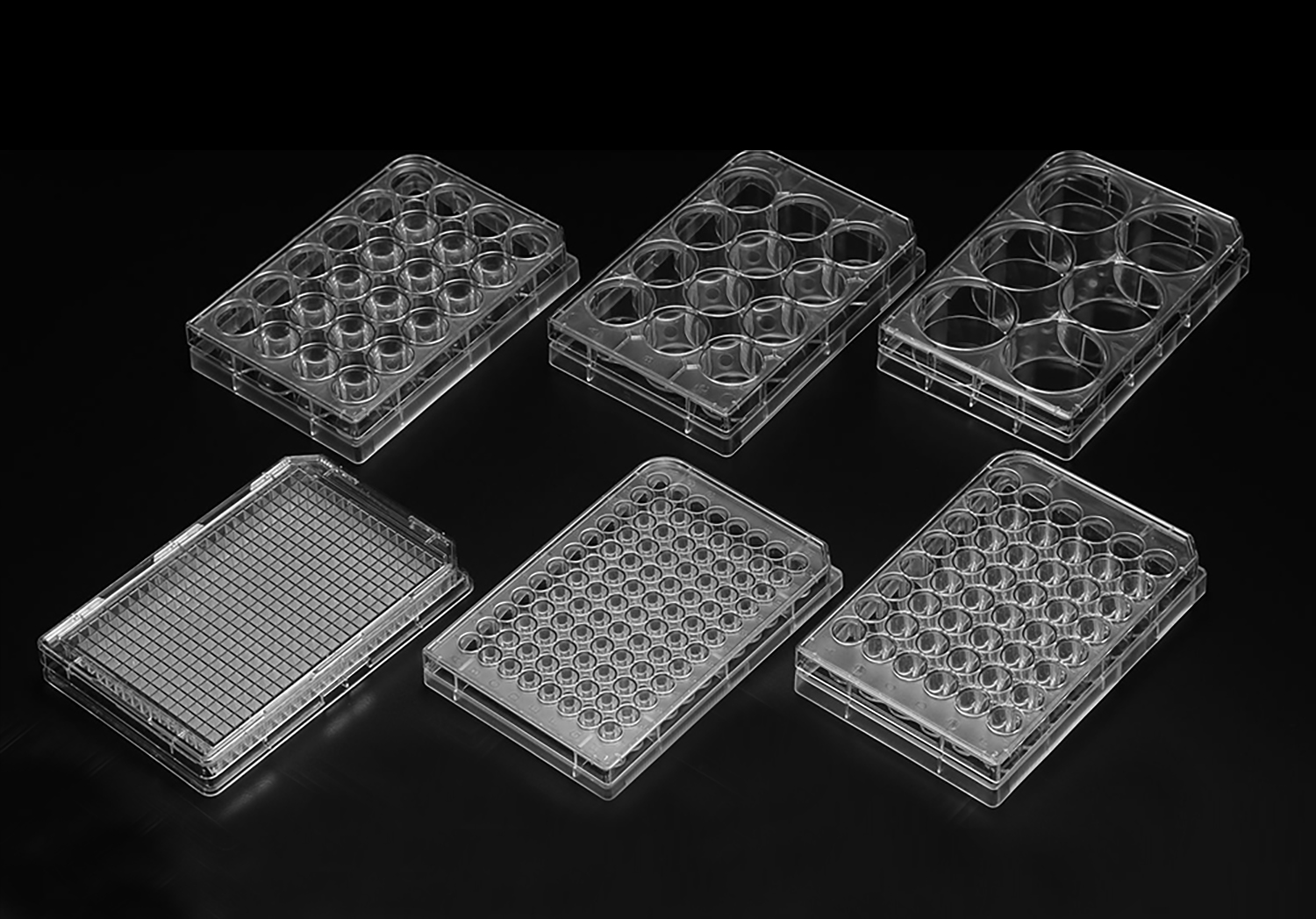1. The reserve gilts are in the growth stage during the reserve period. High-quality, nutritious feed is essential for sow body shape development and reproductive system development. In the feed selection of sows less than 6 months old, the large pig material (full-price granulated puffed material sold in the market) is equipped with 1:1 green feed for free access. The sows from 6 months old to before mating are selected for full-price granules sold in the market, and 1:1 is equipped with green fodder. At this stage, it is strictly forbidden to use cottonseed cake, rapeseed cake and mildew feed which are harmful to the reproductive system. Feed properly to limit the sows to prevent over-fertilization, affecting estrus and ovulation. 2. Weaning empty period The empty period refers to the period from normal weaning to before mating. After the sow is weaned, it usually takes about a week to breed. Improper selection and control of this stage will affect the sow's reproductive cycle. Empty sows often have weaning stress 1 to 3 days after weaning, which can easily cause mastitis and high fever. At this time, it is quite important to feed the feed amount in combination with the fat and thin control of the weaned sow. 2 meals a day, quantitative feeding, can not let it eat freely to cause the above symptoms. The feed should not be changed suddenly. The big pigs or empty materials sold in the market should be selected. Within 3 days after weaning, the breastfeeding materials should be gradually replaced with empty materials or large pigs. Appropriately increase the lax bran and the juicy greenish green fodder. 3. Pre-pregnancy refers to 80 days from mating to pregnancy. The control of the material at this stage promotes the breeding of the fetus and increases the litter size. The empty sows continue to be fed in limited quantities after mating, and regular meals are to be fed at a rate of 2 to 2.5 kg per day (depending on the fatness of the sow), and the green feed is appropriately increased. After 20 days of feeding, the normal amount of food for the sow was gradually restored. Do not feed moldy, spoiled, frozen, irritating feed to prevent miscarriage. 4. Late pregnancy refers to the stage of fetal delivery after 80 days of pregnancy. At this stage, the fetus develops rapidly, and calcium and nutrients need to increase rapidly. Poor choice of materials can easily lead to sows and piglets are weak and sick. This stage is what is usually called "attacking". The feed should be gradually changed into a lactation material, and the bone soup should be properly fed. If conditions permit, dry fat or soybean oil can be added to the daily feed. The feeding method is regular meal setting, quantitative feeding, and the daily feeding is 2.5-2.8 kg (depending on the sow's lyrics). 5. Lactation refers to the stage in which the sow is delivered to weaning. The selection and control of feed during lactation is a top priority in the entire production process. The sows are not fed on the day of birth, and some warm bran soup + biochemical soup pills (3 to 5 pills/time) + brown sugar brine are fed after delivery, and fed twice to promote the discharge of the lochia and quickly restore physical strength. On the second day after childbirth, the sow is fed about 1 kg of feed, and then 0.5 kg of feed is added daily, and the normal amount of food is restored to 4 to 5 days.
Cell Culture plates provide the right environmental surface to cultivate microorganisms. Choose from a variety of treated and untreated plates and dishes in multiwells or uniform flat bases. Some of the features include optically-clear for easily viewing cells, stacking beads for easier handling, and gamma sterilized and certified nonpyrogenic.
Product material: made of polystyrene
Features:
24 Well Plate,Cell Culture Plate,6 Well Plate,12 Well Plate,96 Well Plate Cell Culture Yong Yue Medical Technology(Kunshan) Co.,Ltd , https://www.yonyue.com
Product features: Each hole is marked with numbers and letters, which is easy to locate. One section of the plate cover has two bevel guides to prevent cross-contamination.
Easy to locate: alphanumeric labeling
Increased hole edges: reduces the risk of cross-contamination
Independent packaging: each culture plate is individually packaged
The tightly integrated hole cover can effectively prevent the contamination and evaporation loss of the medium during the cell culture process
Good stability: Innovative cover edge diversion design, which greatly improves the circulation and exchange of air in the plate
